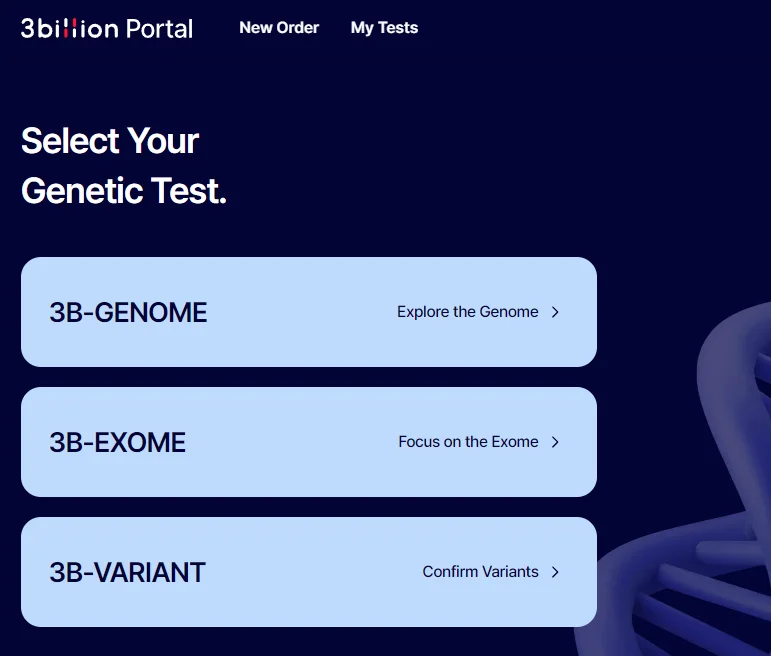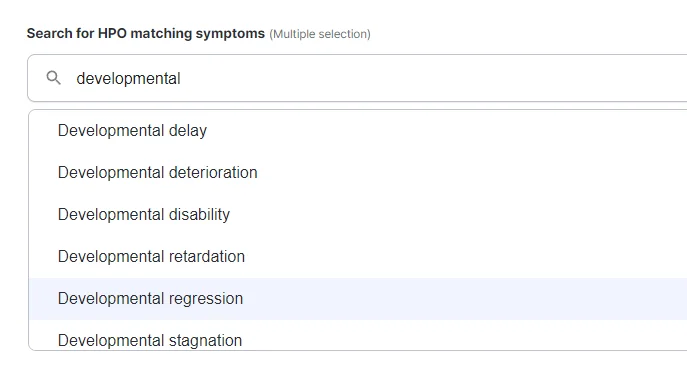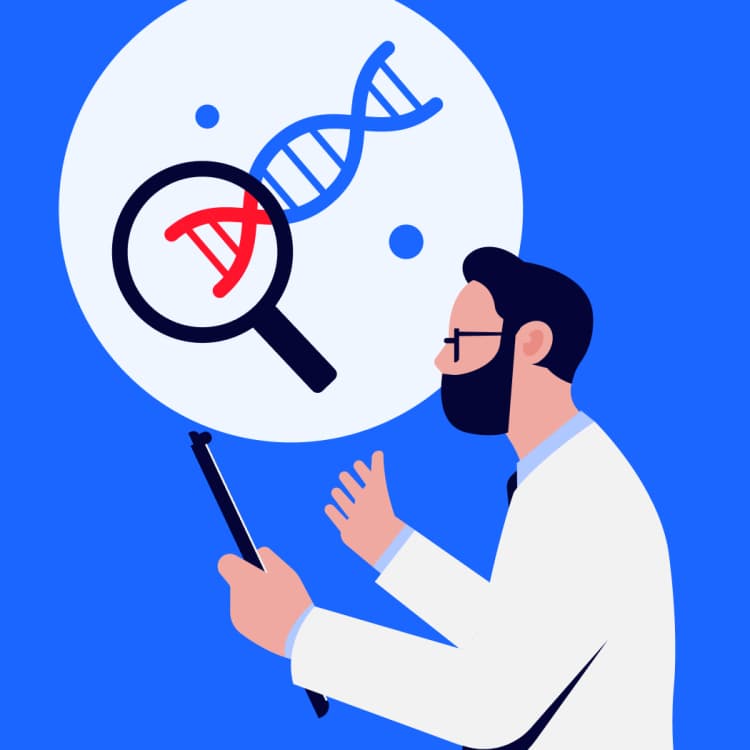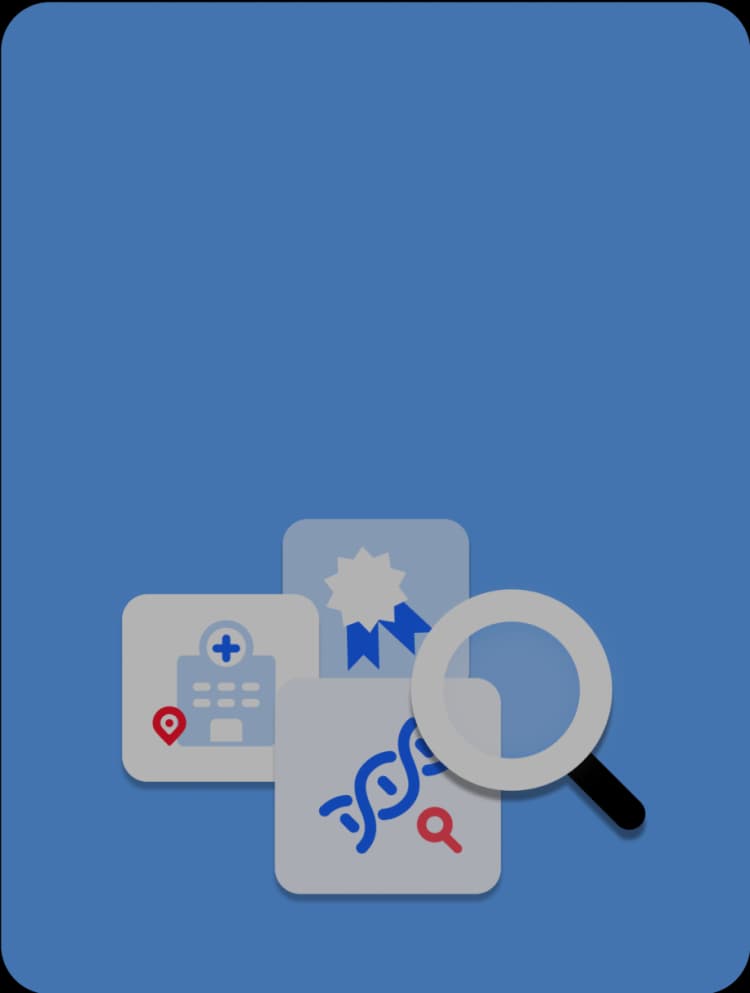Top 40 symptoms | Physicians Suspect Are Rare Diseases

What symptoms do physicians typically order for genetic testing for rare disease?
Rare diseases may individually affect a small number of people, but collectively, they impact a significant portion of the population.
As a company that helps diagnose rare genetic diseases, we usually meet new physicians or researchers from around the world. Some of them are already familiar with genetics, while others are not.

Despite the fact that the genetic testing offered by 3billion (WES or WGS) do not target specific disease groups, many healthcare providers still have questions about their diagnostic coverage.
There’s a common question we hear whenever we meet with physicians with relatively little experience ordering genetic testing.
“I’m not sure which of my patients I should suggest your test for. What about other physicians, do they have specific criteria? What symptoms do they typically order for genetic testing for rare disease?” they say.

So today, I’ve listed TOP 40 most common symptoms that healthcare providers who use 3billion actually write in their test request form. This is real data, so I hope it’s helpful to those who were curious.
Top 40 symptoms (2022.09 – 2023.08)

They are listed by the highest number of entries and have nothing to do with the diagnosis rate.
1. Developmental delay
2. Intellectual disability
3. Seizures
4. Left Ventricular hypertrophy
5. Hypotonia
6. Motor
7. Microcephaly
8. Short stature
9. Epilepsy
10. Pain
11. Dysmorphsim
12. Autism (Spectrum Disorder)
13. Myopathy
14. Heart failure
15. Proteinuria
16. Failure to thrive
17. Scoliosis
18. Neurodevelopmental delay
19. Speech nelay
20. Macrocephaly
21. Hpyertelorism
22. Growth retardation
23. Hypothyroidism
24. Starbismus
25. Stroke
26. Arrhythmias
27. Blindness
28. Dystonia
29. Obesity
30. Atrial septal defect
31. Small for gestational age
32. Ventricular septal defect
33. Hearing loss
34. Nystagmus
35. Learning difficulties
36. Decreased visual acuity
37. Gait disturbance
38. Cryptorchidism
39. Micrognathia
40. Skeletal dysplasia
Additional information
– On average, physicians entered 3.75 symptoms per patient on average.
– The more symptoms you enter, up to an average of 5-7, the higher the diagnosis rate tends to be.
– 3billion re-analyze undiagnosed cases every day, so it’ll be helpful to add more symptoms your patient may newly have. For genetic disorders with relatively late onset symptoms, the diagnosis rate may increase if additional that were not initially seen are entered.
Who should get genetic testing?
Indication
– Patients suspected of having monogenic disorders
- Identify if there are any visible or palpable signs of a genetic disorder, such as facial features, growth abnormalities, or organ abnormalities.
– Patients with a family history of genetic disorders
– Patients from parents with a history of recurrent pregnancy loss
Why should physicians suspect rare genetic diseases in their patients?
Still nowadays, rare diseases often go unrecognized and missed because of its’ diversity and lack of awareness. But early diagnosis and early intervention with the proper treatment is the only way to ensure your child reaches their full potential.
If a physician is aware of the common symptoms of rare diseases, he or she can consider it as a possibility and conduct the necessary tests or refer the patient to a specialist, potentially leading to a quicker diagnosis.
Learn more about our CAP/CLIA-certified genetic testing services with an brochure exclusively for healthcare providers!
Get exclusive rare disease updates
from 3billion.

Sree Ramya Gunukula
Marketing Leader with experience in the pharma and healthcare sectors, specializing in digital health, genetic testing, and rare disease diagnostics.







